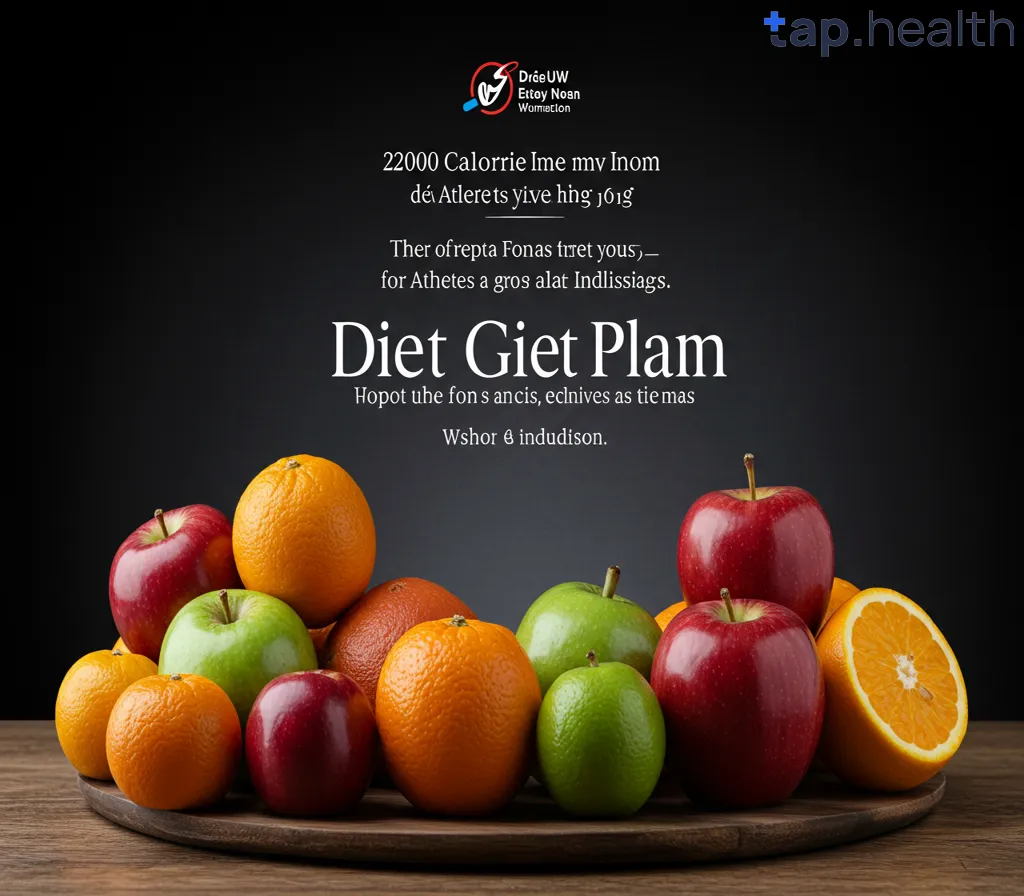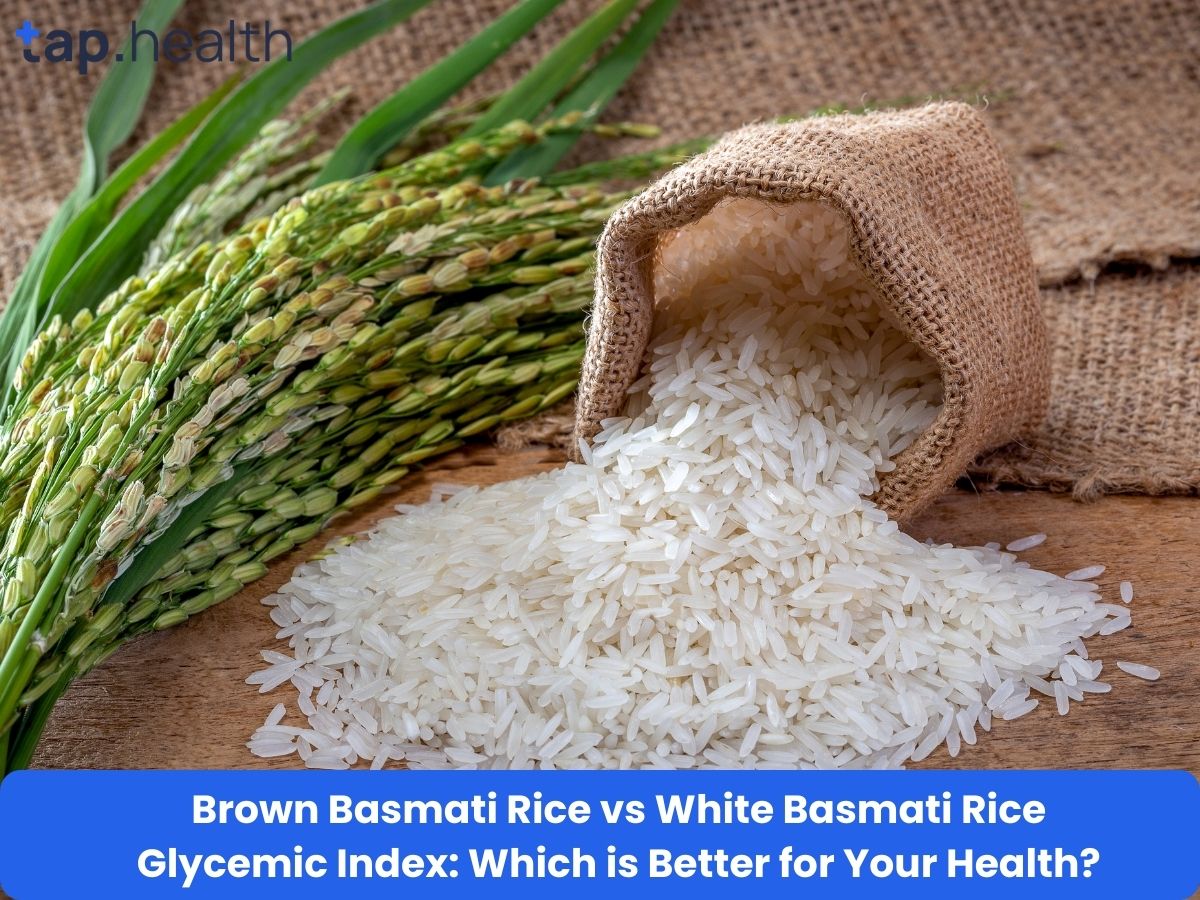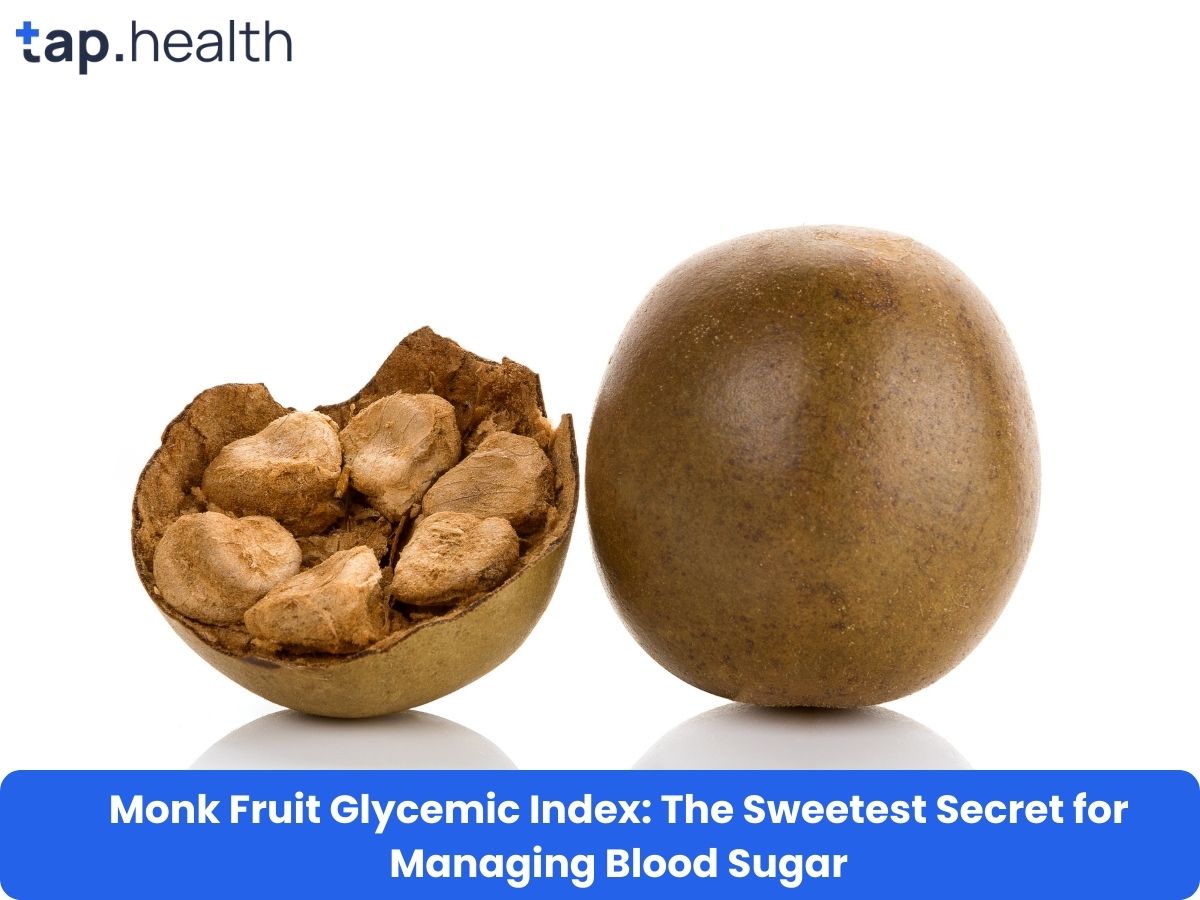When it comes to fueling the body for athletic performance and maintaining energy levels, a well-balanced diet is key. For athletes and active individuals, getting the right amount of calories, proteins, carbs, and healthy fats ensures that the body performs at its best during physical activities and recovers efficiently afterward. A 2200-calorie Indian diet plan is designed to meet the higher calorie needs of active individuals, without compromising on nutritional quality.
In this blog post, we’ll provide a detailed 2200-calorie Indian meal plan designed to optimize performance, maintain muscle mass, and enhance recovery for athletes and active individuals. We will also address frequently asked questions about nutrition for athletes and the importance of certain foods in an athlete’s diet.
Why a 2200-Calorie Diet Is Important for Athletes and Active Individuals
Athletes and active individuals have increased calorie needs due to their high physical activity levels. Whether you are training for an event, playing a sport, or working out regularly, your body needs more calories to fuel your workouts, promote muscle recovery, and maintain energy levels throughout the day.
A 2200-calorie diet is typically suitable for active men or women who engage in moderate to intense physical activity, such as running, cycling, weightlifting, or playing sports. The key is to consume nutrient-dense foods that provide energy, enhance performance, and aid recovery.
Benefits of a 2200-Calorie Diet for Athletes:
- Provides Sufficient Energy: Athletes require more energy to fuel their performance during intense training or competitions.
- Supports Muscle Recovery: A higher calorie intake, especially from protein-rich foods, aids in repairing muscle fibers after workouts.
- Enhances Endurance: Carbohydrates are the primary source of energy for endurance athletes, helping them maintain stamina.
- Maintains Healthy Weight: A diet with adequate calories helps to maintain an active lifestyle without losing too much weight.
Key Nutrients for Athletes
A 2200-calorie diet for athletes should be balanced and include the essential macronutrients and micronutrients required for performance, muscle recovery, and overall health.
1. Protein for Muscle Repair and Growth
Protein is vital for muscle growth and recovery, especially after intense exercise. It helps repair the muscle fibers that break down during exercise and promotes muscle growth.
Sources of Protein:
- Dal (Lentils)
- Paneer
- Greek yogurt
- Chicken (for non-vegetarians)
- Fish
- Eggs
- Tofu
Protein Goal: Aim to consume around 1.2 to 2 grams of protein per kilogram of body weight, depending on the intensity of the activity.
2. Carbohydrates for Energy
Carbohydrates are the primary fuel for energy, especially during endurance activities like running or cycling. Complex carbohydrates release energy slowly, providing sustained fuel for long workouts.
Sources of Carbohydrates:
- Brown rice
- Whole wheat roti
- Sweet potatoes
- Quinoa
- Oats
- Fruits (banana, apple, berries)
Carb Goal: Aim for 50-60% of total daily calories from carbohydrates. These carbs will help maintain energy during intense exercise and recovery.
3. Healthy Fats for Endurance and Recovery
Healthy fats are crucial for providing long-lasting energy and supporting hormonal balance, which is essential for muscle repair and recovery.
Sources of Healthy Fats:
- Olive oil
- Avocados
- Almonds, walnuts, and peanuts
- Chia seeds
- Flaxseeds
Fat Goal: Healthy fats should make up about 20-30% of your total daily calories to support overall health.
4. Micronutrients for Health and Performance
Vitamins and minerals are vital for muscle function, immune health, and overall well-being. Micronutrients like iron, calcium, magnesium, and vitamin D are especially important for athletes.
Sources of Micronutrients:
- Leafy greens (spinach, kale) for iron and calcium
- Nuts and seeds for magnesium
- Fortified dairy for vitamin D
- Citrus fruits for vitamin C
2200-Calorie Indian Meal Plan for Athletes
Here is a detailed 2200-calorie Indian meal plan designed for athletes and active individuals. This meal plan includes balanced meals that are rich in protein, complex carbs, and healthy fats, ensuring you meet your nutritional needs.
Day 1 – 2200 Calorie Indian Meal Plan
Breakfast (500 Calories)
- 2 boiled eggs (140 calories)
- 1 small bowl of oats with milk and topped with 1 tablespoon honey (150 calories)
- 1 small banana (90 calories)
- 1 tablespoon peanut butter (90 calories)
- 1 cup green tea (5 calories)
Lunch (600 Calories)
- 1 small bowl of chicken curry (or tofu curry) (200 calories)
- 1 small serving of brown rice (150 calories)
- 1 small portion of mixed vegetable salad (carrots, cucumber, tomatoes) (100 calories)
- 1 small whole wheat roti (80 calories)
- 1 teaspoon olive oil for cooking or dressing (50 calories)
Dinner (700 Calories)
- 1 small serving of grilled paneer (200 calories)
- 1 small serving of quinoa (150 calories)
- 1 small bowl of vegetable curry (spinach, broccoli, peas) (150 calories)
- 1 small whole wheat roti (80 calories)
- 1 small cup of Greek yogurt (75 calories)
Snack (400 Calories)
- 1 handful of almonds (100 calories)
- 1 small apple (80 calories)
- 1 scoop whey protein shake (250 calories)
Day 2 – 2200 Calorie Indian Meal Plan
Breakfast (500 Calories)
- 1 small bowl of poha with peas and peanuts (150 calories)
- 1 boiled egg (70 calories)
- 1 small orange (60 calories)
- 1 tablespoon peanut butter on whole wheat toast (90 calories)
- 1 cup herbal tea (5 calories)
Lunch (600 Calories)
- 1 small serving of chana masala (150 calories)
- 1 small serving of brown rice (150 calories)
- 1 small side of mixed greens salad (50 calories)
- 1 whole wheat roti (80 calories)
- 1 cup low-fat yogurt (50 calories)
- 1 teaspoon olive oil for dressing (40 calories)
Dinner (700 Calories)
- 1 small serving of grilled chicken breast (200 calories)
- 1 small serving of quinoa (150 calories)
- 1 small serving of vegetable stir-fry (bell peppers, zucchini, mushrooms) (150 calories)
- 1 small whole wheat roti (80 calories)
- 1 small cup of Greek yogurt (75 calories)
Snack (400 Calories)
- 1 small handful of walnuts (100 calories)
- 1 small banana (90 calories)
- 1 scoop whey protein shake (250 calories)
Day 3 – 2200 Calorie Indian Meal Plan
Breakfast (500 Calories)
- 1 small bowl of oats with almond milk, chia seeds, and berries (200 calories)
- 1 boiled egg (70 calories)
- 1 small apple (80 calories)
- 1 tablespoon almond butter (90 calories)
- 1 cup herbal tea (5 calories)
Lunch (600 Calories)
- 1 small serving of dal (150 calories)
- 1 small whole wheat roti (80 calories)
- 1 small serving of vegetable curry (spinach, tomatoes, onions) (150 calories)
- 1 small bowl of brown rice (150 calories)
- 1 teaspoon olive oil for cooking (50 calories)
Dinner (700 Calories)
- 1 small serving of grilled paneer (200 calories)
- 1 small serving of quinoa (150 calories)
- 1 small serving of vegetable stir-fry (carrots, broccoli, cauliflower) (150 calories)
- 1 small whole wheat roti (80 calories)
- 1 small cup of Greek yogurt (75 calories)
Snack (400 Calories)
- 1 handful of almonds (100 calories)
- 1 small orange (60 calories)
- 1 small boiled egg (70 calories)
- 1 scoop whey protein shake (250 calories)
FAQs: Common Questions about the 2200-Calorie Indian Diet for Athletes
1. Can I adjust the calorie intake if I’m not seeing muscle gain?
If you’re not gaining muscle, you might need to increase your calorie intake. You can do this by adding more healthy fats like olive oil, avocados, or nuts to your meals. Alternatively, you can increase your portion sizes slightly to create a larger caloric surplus.
2. How much protein should I consume daily?
A good target is 1.2 to 2 grams of protein per kilogram of body weight. For instance, if you weigh 70 kg, aim for approximately 84 to 140 grams of protein per day. Include protein-rich foods like dal, tofu, and Greek yogurt in every meal.
3. Can I replace whey protein with plant-based protein?
Yes, if you’re vegetarian or vegan, you can replace whey protein with plant-based protein powders made from pea protein, brown rice protein, or hemp protein. These are excellent sources of protein that can support muscle growth and recovery.
4. How do I balance my diet for fat loss while maintaining performance?
If you’re looking to reduce body fat, maintain a caloric deficit but still focus on protein-rich foods to preserve muscle mass. Increase your intake of healthy fats and complex carbs while ensuring you’re getting enough calories to support performance.
5. Should I eat the same meal plan every day?
It’s important to rotate your meals for variety and ensure you’re getting a wide range of nutrients. While the core structure of the meal plan can remain the same, feel free to swap out vegetables, proteins, or grains to keep things fresh.
Conclusion
A 2200-calorie Indian diet plan is ideal for athletes and active individuals who need extra fuel for their workouts, muscle recovery, and daily activities. By focusing on protein-rich meals, complex carbohydrates, and healthy fats, you can enhance performance, build lean muscle, and maintain energy throughout the day. This diet plan, combined with a consistent exercise routine, will help you meet your fitness goals and fuel your active lifestyle.



